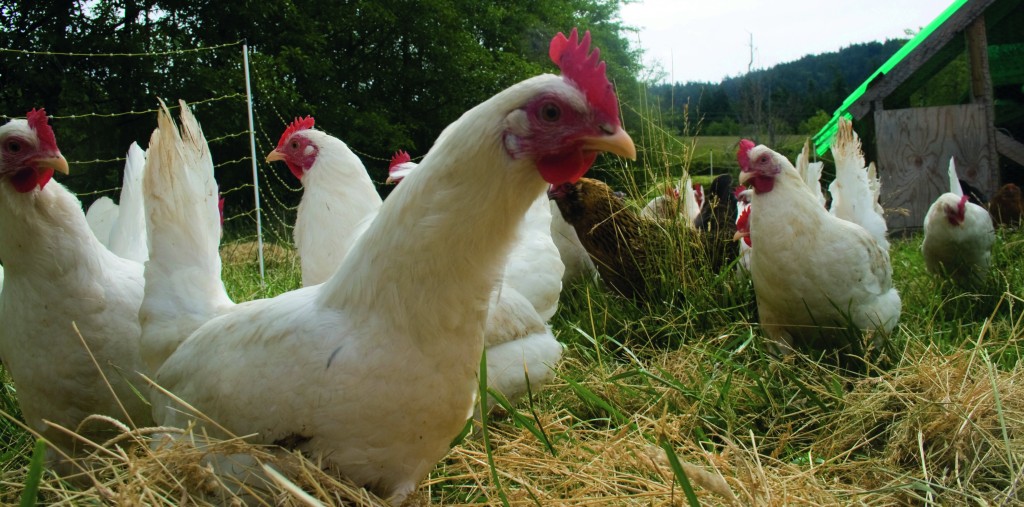Defra has announced that all poultry in England will be allowed outside from tomorrow (13th April) after its latest bird flu risk assessment.
However, biosecurity measures remain in place and “poultry gatherings” are still banned. This includes events such as auctions and bird shows.
Chief veterinary officer Nigel Gibbens said Prof Gibbens said: “Based on the latest evidence on reduced numbers of migratory and resident aquatic wild birds, we believe that kept birds in the areas we previously designated as higher risk are now at the same level of risk as the rest of England and may now be let outside.
“However, all keepers must still observe strict disease prevention measures to reduce the risk of contamination from the environment, where the virus can survive for several weeks in bird droppings.”
Egg packaging labels explaining that birds which normally free-ranged were being restricted for welfare reasons will no longer be needed. Defra said this meant that all eggs from birds which remained housed could no longer carry free range labels.
Specialist vet Richard Jackson, from St David’s poultry team, said the influenza virus was often carried and spread by waterfowl.
“Waterfowl are remarkably resistant to disease and rarely show clinical signs,” he said. “As waterfowl often migrate large distances globally, AI can move between countries readily. Both people and contaminated objects can carry the virus long distances.
“Affected birds shed the virus in their droppings and nasal discharge. Subsequently, other birds and perhaps mammals can pick the virus up by either inhaling or ingesting it. Once infected, birds can show clinical signs in as little as 24 hours.
“Clinical signs include sudden death, respiratory distress, swollen face, sneezing (snicking), runny nose, runny eyes and nervous signs. Unfortunately, none of these signs are specific, so any suspicion of AI must be notified to your local Animal Health office.”


